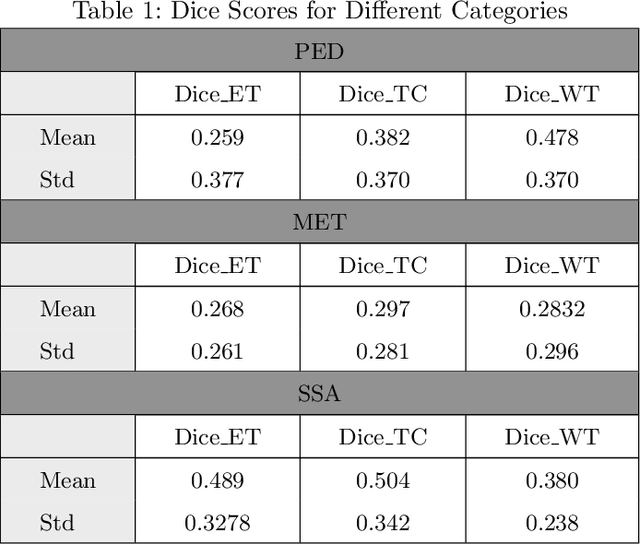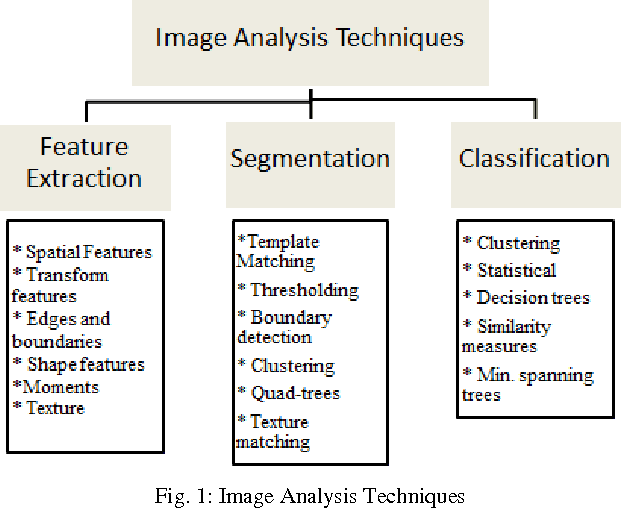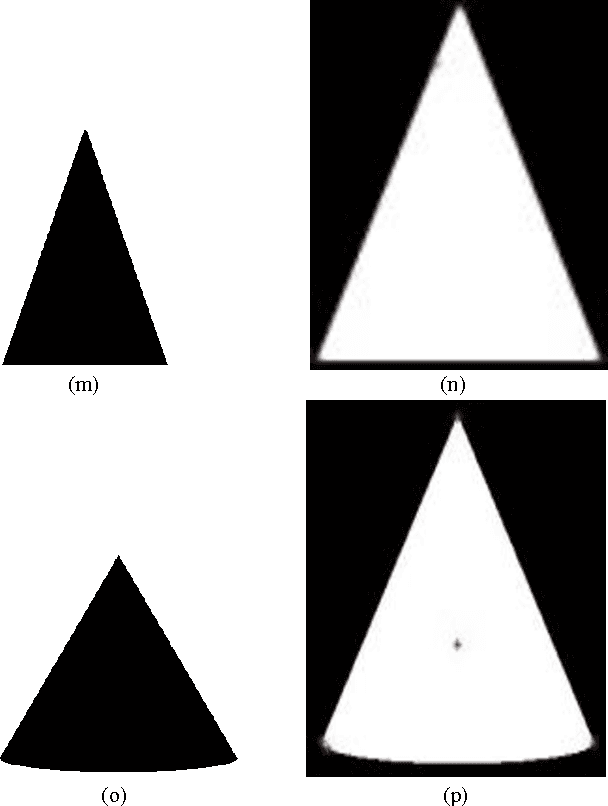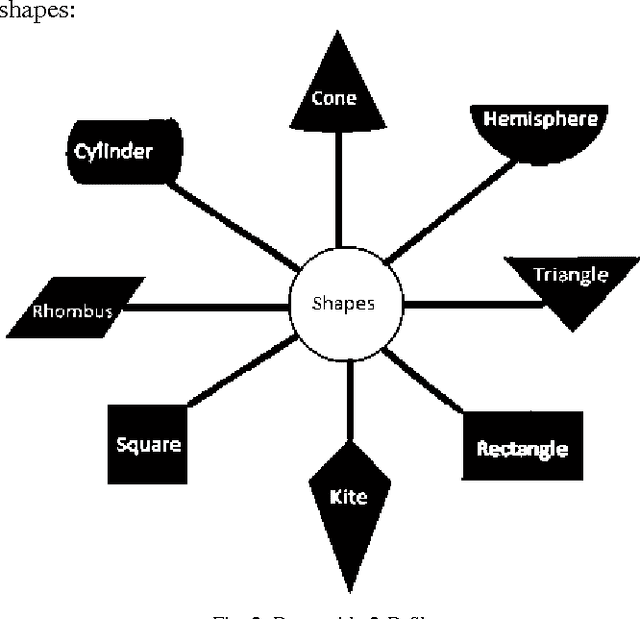Sumit Pandey
Fully Automated Tumor Segmentation for Brain MRI data using Multiplanner UNet
Jan 12, 2024

Abstract:Automated segmentation of distinct tumor regions is critical for accurate diagnosis and treatment planning in pediatric brain tumors. This study evaluates the efficacy of the Multi-Planner U-Net (MPUnet) approach in segmenting different tumor subregions across three challenging datasets: Pediatrics Tumor Challenge (PED), Brain Metastasis Challenge (MET), and Sub-Sahara-Africa Adult Glioma (SSA). These datasets represent diverse scenarios and anatomical variations, making them suitable for assessing the robustness and generalization capabilities of the MPUnet model. By utilizing multi-planar information, the MPUnet architecture aims to enhance segmentation accuracy. Our results show varying performance levels across the evaluated challenges, with the tumor core (TC) class demonstrating relatively higher segmentation accuracy. However, variability is observed in the segmentation of other classes, such as the edema and enhancing tumor (ET) regions. These findings emphasize the complexity of brain tumor segmentation and highlight the potential for further refinement of the MPUnet approach and inclusion of MRI more data and preprocessing.
Edge Detection Based Shape Identification
Apr 07, 2016


Abstract:Image recognition is the need of the hour. In order to be able to recognize an image, it is of immense importance that the image should be distinguishable from the background. In the present work, an approach is presented for automatic detection and recognition of regular 2D shapes in low noise environments. The work has a large number of direct applications in the real world. The algorithm proposed is based on locating the edges and thus, in turn calculating the area of the object helps in identification of a specified shape. The results were simulated using MATLAB tool are encouraging and validate the proposed algorithm. Index Terms: Edge Detection, Area Calculation, Shape Detection, Object Recognition
 Add to Chrome
Add to Chrome Add to Firefox
Add to Firefox Add to Edge
Add to Edge